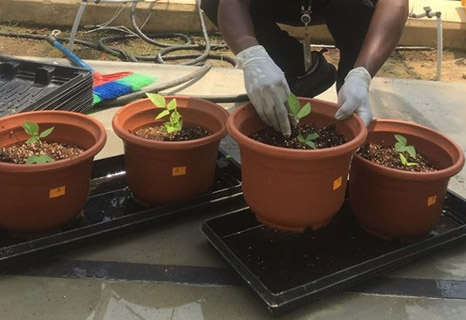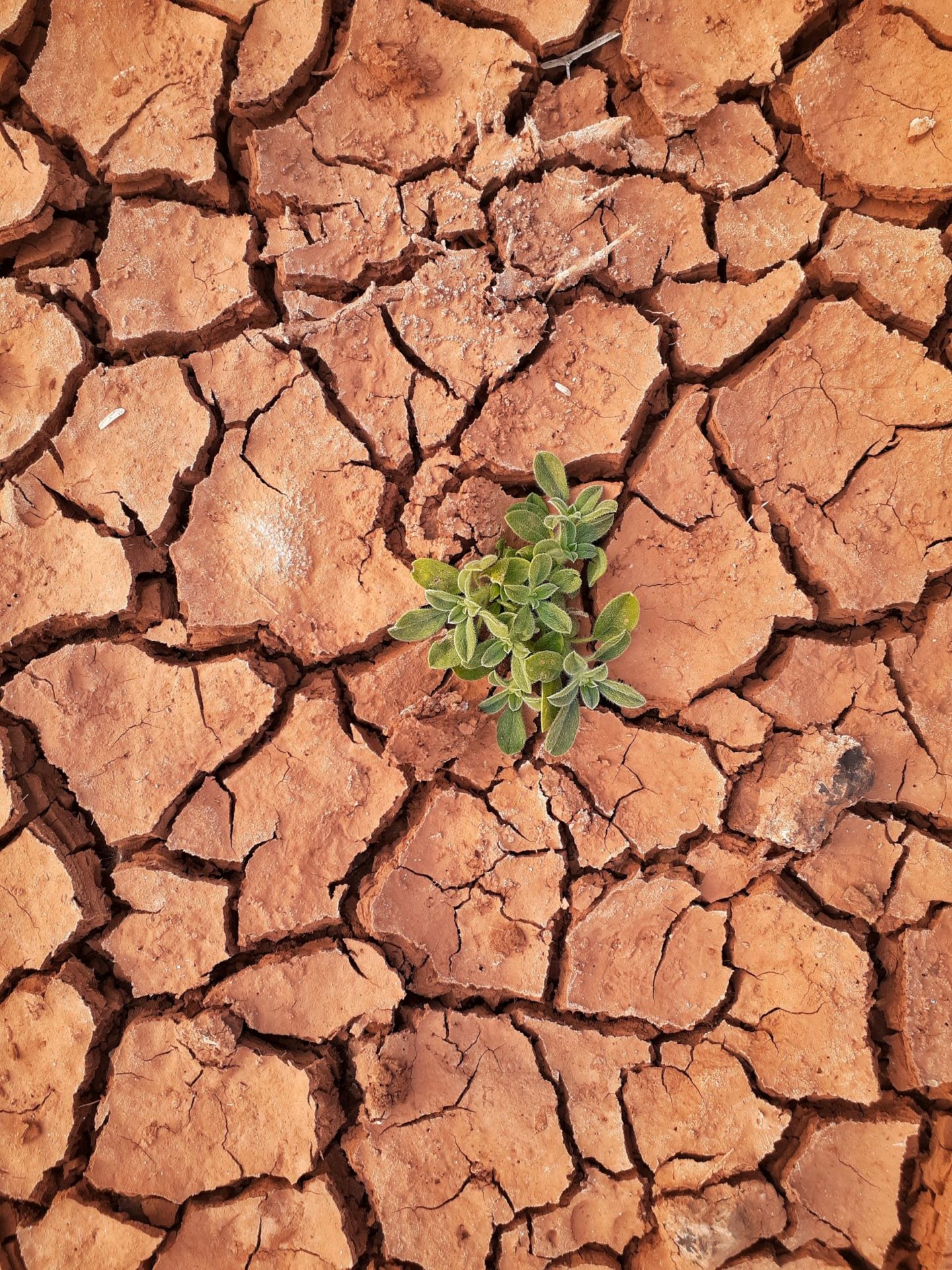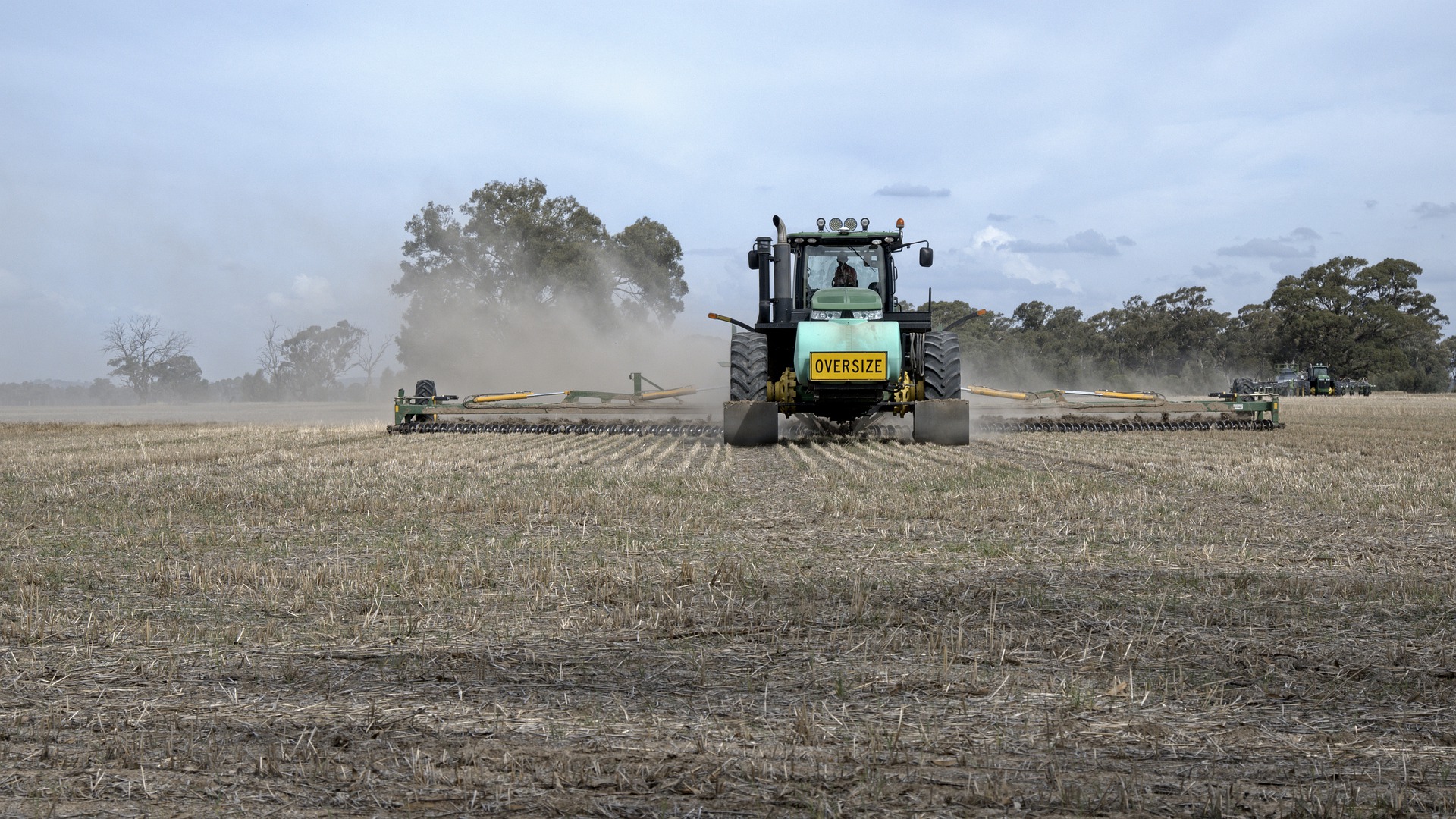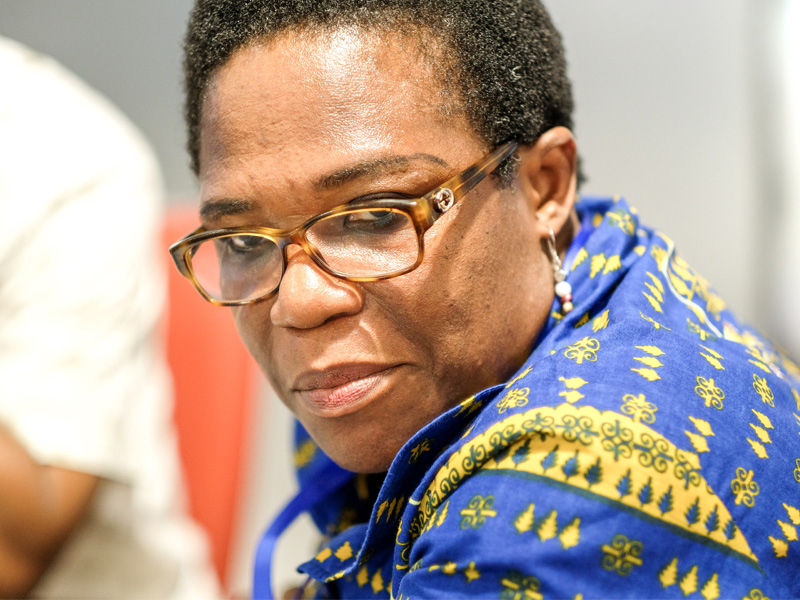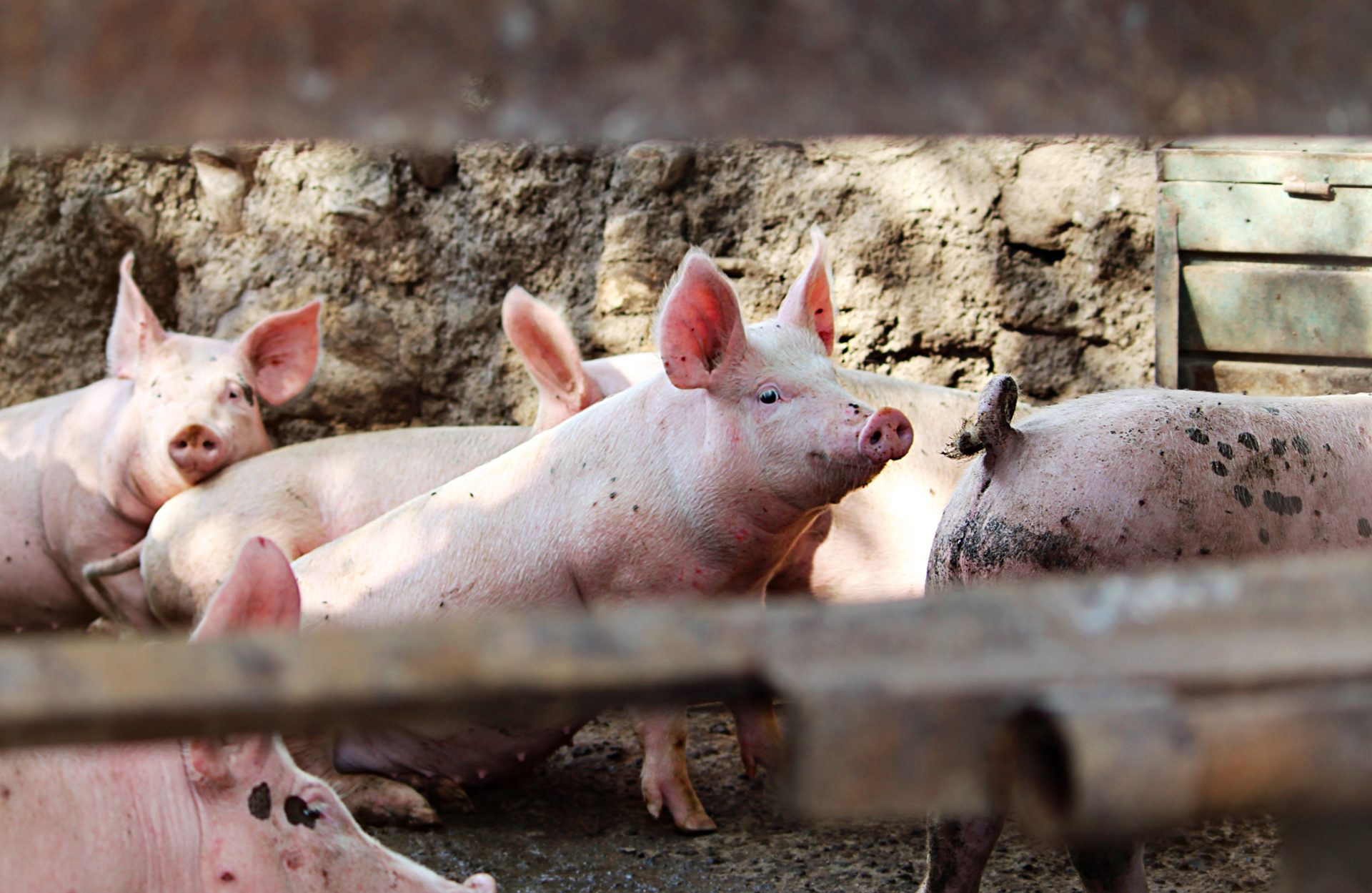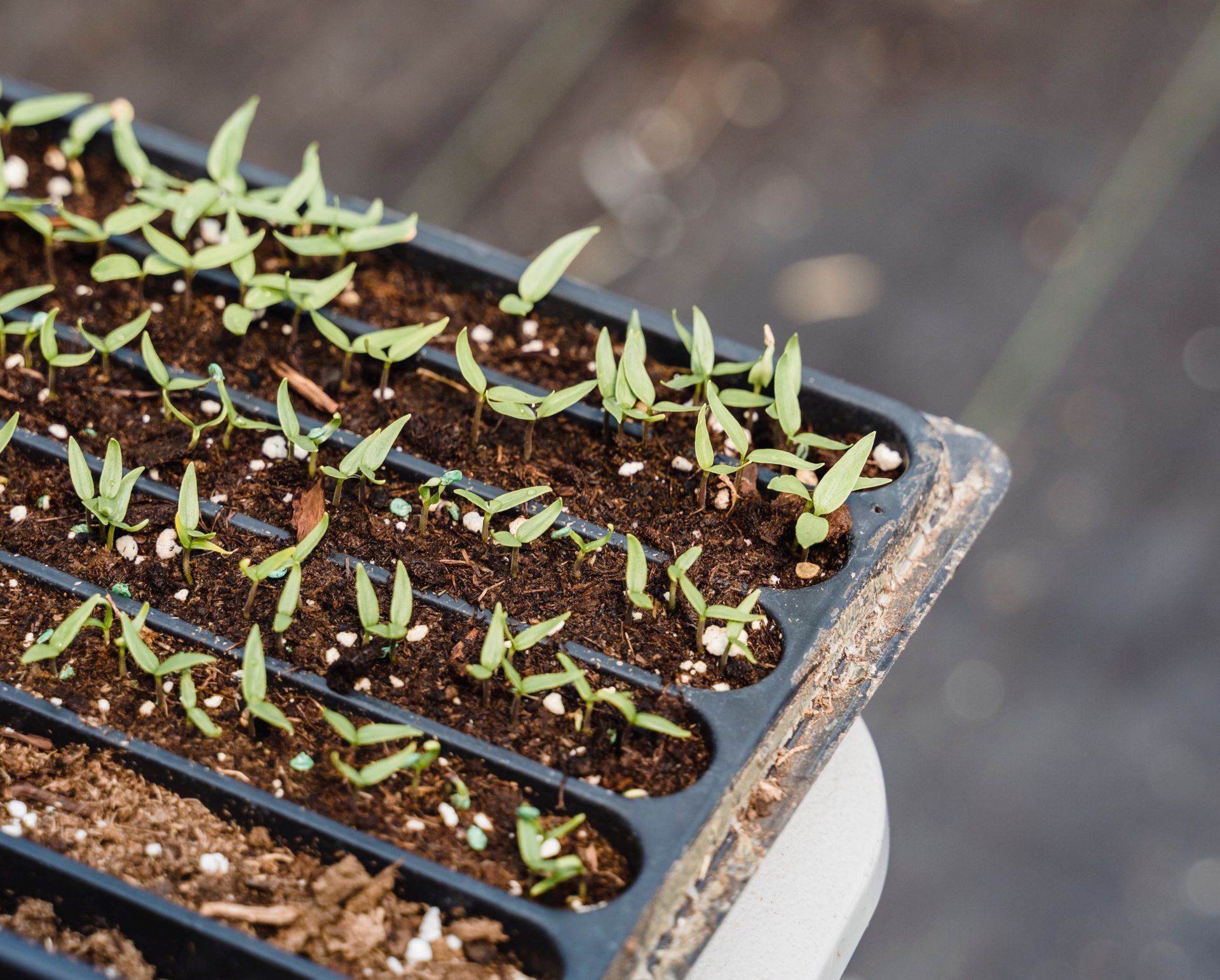Enhancing food security and climate change adaptation through wild foods plant species promotion in southern Mozambique
Thematic Area: Food security and agribusiness
University: Eduardo Mondlane University – School of Rural development
Project Leader: Prof. Angelina Rosa de Oliveira Martins
Collaborating Partners: Department of Environmental Science, Rhodes University, South Africa; Tropical College, University of Lisbon, Portugal
Duration: 2 years
Project Overview
Preamble
Food and nutritional insecurity are one of main challenges faced by rural people in Mozambique. This challenge is exacerbated by climate change related events such are the floods, drought and cyclones prone to the country. Many rural households in Mozambique use wild food species as an important strategy to reduce the levels of food and nutritional insecurity and adapt to climate change. These are highly nutritional foods and contribute to the dietary diversity and micronutrient intake. It is in this context that the present project proposed to promote the use and cultivation of these wild food species by the rural households of southern Mozambique. The project intends to conduct baseline research on the role of the wild food species on food security and climate adaptation and through multiplication and cultivation of the key wild food species promote the massive use of these species by the population.
The technology
The project seeks to develop in vitro and conventional propagation methods protocol for key wild food species.
Expected Impact
Beside enhancing household food security and climate change adaptation, the massive use and cultivation of these wild food species, will create income generation opportunities for the households and environmental benefits such as the mitigation of climate change effects through carbon sequestration, reduction of soil degradation via improvement of nutrient recycling and decreasing of soil erosion, as well as increase in biodiversity, especially in the cultivated fields. Results from this project might be used to advocate the inclusion of wild food species in the country’s policy and strategies to reduce food and nutritional insecurity and adapt to climate change.
For more information, please contact the Project Leader


